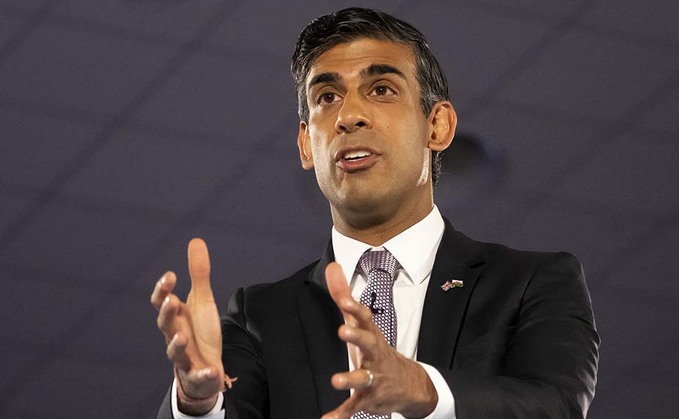
New Prime Minister Rishi Sunak should honour the commitment he made in the summer to set targets for food security, NFU president Minette Batters said at this week’s Institute of Agricultural Management’s...

New Prime Minister Rishi Sunak should honour the commitment he made in the summer to set targets for food security, NFU president Minette Batters said at this week’s Institute of Agricultural Management’s...